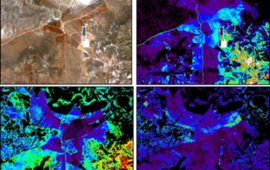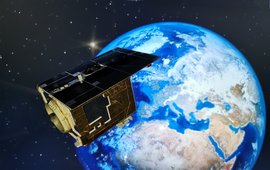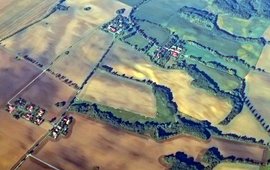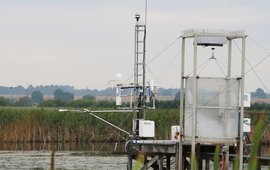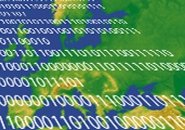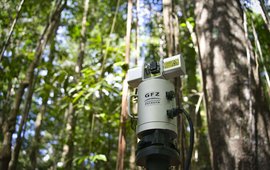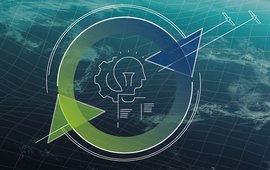Hyperspectral remote sensing applications
This topic focuses on the development of new methodologies using multi-scale and multi-sensor hyperspectral remote sensing (from the laboratory and field operations to airborne and satellite applications) for geosciences and environmental applications.


